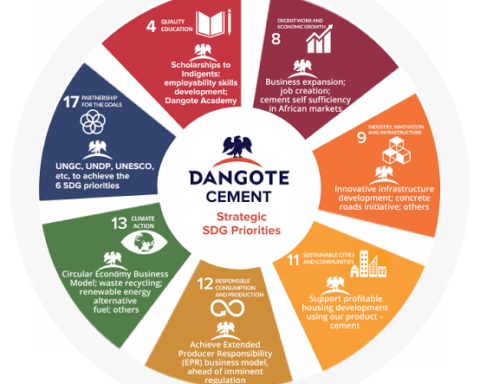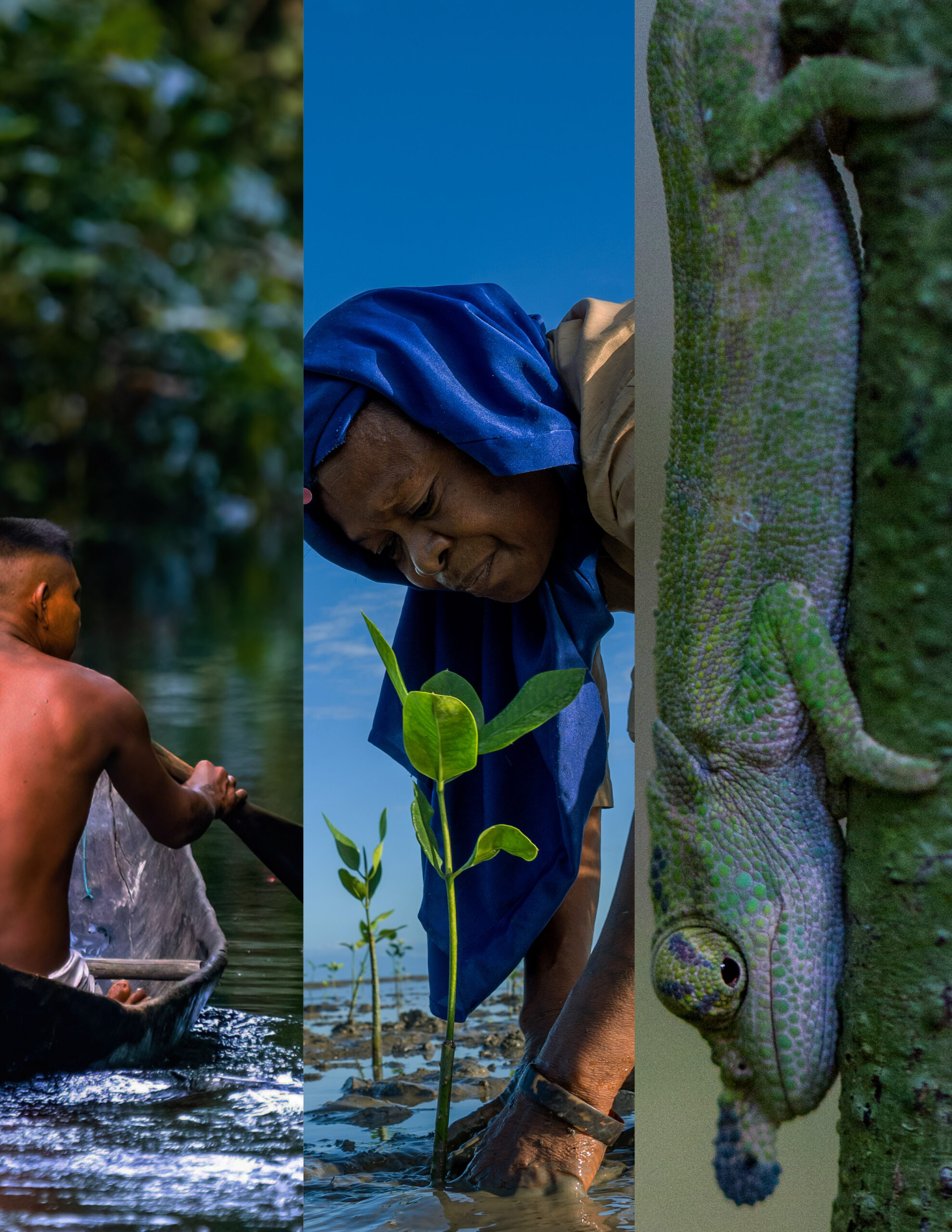Stakeholders have called for greater advocacy, social mobilization, and resource mobilization as key strategies to meet the 2030 SDG targets.
The call was made at the end of a high-level global event organized Afrihealth Optonet Association (AHOA) recently, which centered on the importance of the United Nations Sustainable Development Goals (SDGs) and their direct relevance to people’s lives.
The event, placed a special emphasis on critical areas such as good health, poverty reduction, quality education, climate action, and gender equality.
In his opening remarks, Dr. Uzodinma Adirieje, CEO of Afrihealth Optonet Association (AHOA), reiterated its commitment to working closely with stakeholders globally to address SDG challenges and push for a sustainable future for all.

He presented the preliminary findings of AHOA’s global research on the SDGs, conducted across 119 countries under the ‘Destination 2030 SDGs Programme.’
The report revealed that the top five SDGs garnering the most interest from stakeholders were those linked to poverty alleviation, good health, climate action, gender equality, and quality education.
Conversely, the least engaged goals related to responsible consumption and production, life below water, and sustainable cities and communities.
Dr. Adirieje emphasized the need to take the SDGs from government offices to rural communities, ensuring widespread understanding and engagement.
In her remarks Senior Special Assistant to the President of Nigeria on Sustainable Development Goals (SDGs),Princess Dr. Adejoke Orelope-Adefulire, congratulated Afrihealth Optonet for its leadership and commitment to advancing the SDGs.

Represented by Dr. Bala Yusuf Yunusa the SSAP SDG addressed the challenges Nigeria faces in achieving the 2030 Agenda, particularly in light of global setbacks such as the COVID-19 pandemic, escalating conflicts, and growing climate-related issues.
According to her, only 17% of global SDG targets are currently on track, with several facing significant delays.
Princess Orelope-Adefulire discussed the six transition pathways outlined at the 2023 United Nations Secretary-General SDG Summit, designed to fast-track member countries’ progress on the SDGs. She u urged Nigerian stakeholders to prioritize these transitions and contribute to the effective implementation of the 2030 Agenda in the country.
The event featured participants from diverse nations, including Nigeria, The Bahamas, Burkina Faso, Bangladesh, Yemen, India, Rwanda, Kenya, Nepal, Ghana, Colombia, and more. Discussions focused on the need for a comprehensive approach to addressing stakeholder needs and pain points.
There was a strong emphasis on improved communication and collaboration among stakeholders to accelerate the achievement of the SDGs.
Participants also looked ahead to the upcoming ECOSOC Partnership Forum and the United Nations 2025 Partnership Forum, scheduled for February next year.
By Dare Akogun








